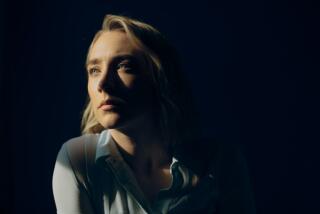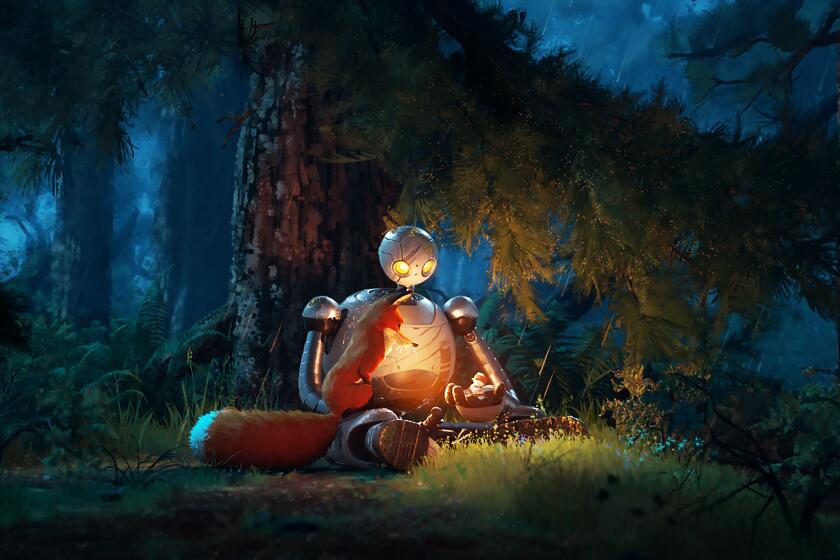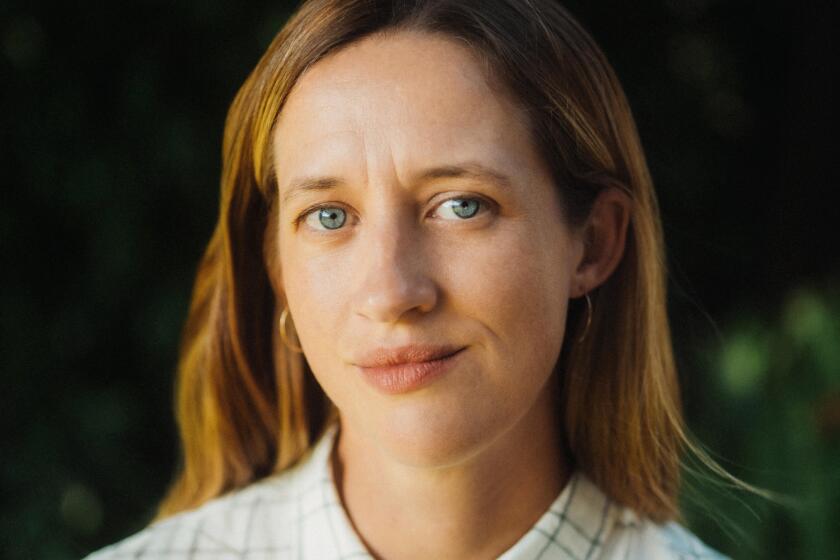Noble quest of a lost soul in ‘King’
Mike Cahill’s directorial debut, “King of California,” is the strange, funny and sad story of a bipolar jazz musician and his long-suffering teenage daughter, reunited after his two-year stay in a mental institution.
Co-produced by Cahill’s UCLA film school friend Alexander Payne (with Michael London), Cahill’s film is not quite the trenchant satire that are “Election,” “Sideways” and “About Schmidt,” but it dwells in the same gleefully bleak contemporary America and is just as bewildered and soul-sick about it.
A melancholy, astute fable about mass conformity, “King of California” lets its characters successfully escape the encroaching monoculture via history and fantasy.
Michael Douglas and Evan Rachel Wood give heartbreaking, hilarious performances as a modern-day Prospero (here called Charlie) and his daughter Miranda, trying in vain to make sense of the brave new world that has overtaken their old one. The Santa Clarita Valley, where both Charlie and Miranda grew up, is now altered beyond recognition by restaurant chains, big-box stores and ludicrous housing developments consisting of cheap, identical, faux baronial “estates.” Charlie and Miranda live in a lovely but dilapidated old yellow Victorian once located in an orange grove. Charlie refused to sell to developers, and the house is now surrounded by McMansions.
Miranda has held down the fort during Charlie’s stay in the mental hospital by quitting school and working a double shift at McDonald’s, but it isn’t long after his return that he begins to upset her small but orderly life. “What’s going on?” she asks him, interrupting some mysterious activity. “Great things!” Charlie says, and you know there’s going to be trouble.
It turns out that Charlie has made use of his time away by boning up on California history. Specifically, he has become well versed in the expedition of the Spanish explorer Father Juan Florismarte Garces, whose lost treasure, according to Charlie’s calculations, must be somewhere in the neighborhood.
Though at first she’s reluctant, Miranda is eventually drawn into the adventure. Gradually, she starts to see the golden paradise that was California through the eyes of the Spanish explorer, whose journals she is reading. Armed with centuries-old maps and logs, Charlie and Miranda hunt for marked boulders and underground rivers in a wasteland of Applebee’s, Chuck E. Cheese’s, Petcos and Costcos.
The landscape makes a mockery of their mission, of course, and of history, but it also makes their quest seem more vital and brave. “King of California” is a fable set in the most banal, prosaic real world imaginable, and it’s Cahill’s dead-on assessment of that world that earns him the right to be whimsical. Discovering one of their sought-after landmarks in a private golf course, Charlie and Miranda are stopped by a policewoman who approaches them with an officious, “Can I help you?” “Why do they always say, ‘Can I help you?’ ” says Charlie, expressing what everyone thinks but nobody says, “when it’s the last thing they want to do?”
Wood is wonderful as always -- smart, tough, tender and lost. But Douglas gives his best performance since “Wonder Boys” as a father trying to make up for a lifetime of mistakes in a single grand gesture and a soulful man furious and bereft at what has become of his home.
With his bushy beard and sudden enthusiasms, Charlie is nobody’s idea of a sane person. But his wisdom, independence and soulfulness can’t be discounted. Just because he has a complicated psychological life doesn’t mean he’s wrong.
--
--
“King of California.” MPAA rating: PG-13 for some strong language, mature thematic elements and brief drug references. Running time: 1 hour, 33 minutes. In general release.
More to Read
Only good movies
Get the Indie Focus newsletter, Mark Olsen's weekly guide to the world of cinema.
You may occasionally receive promotional content from the Los Angeles Times.










